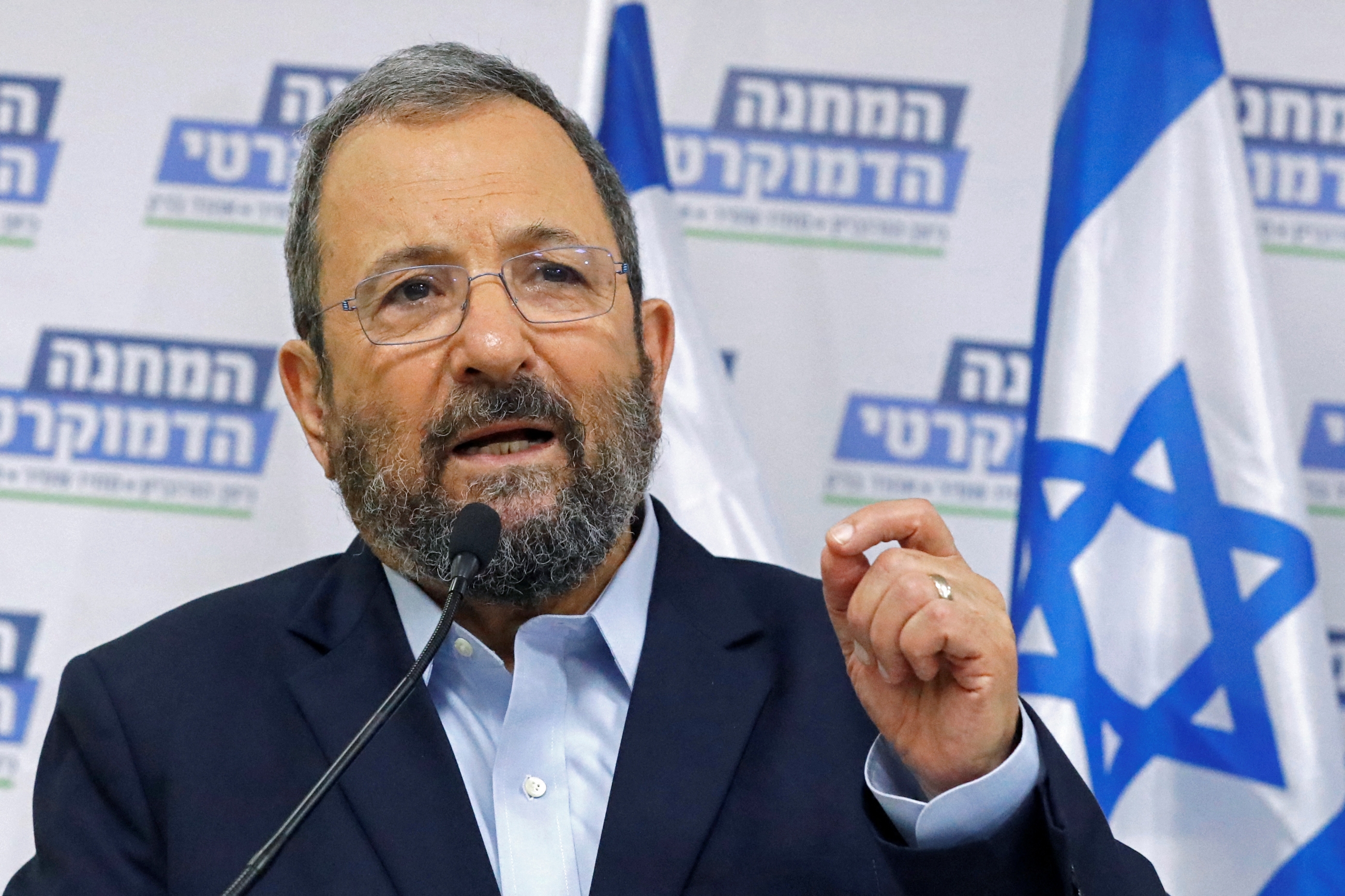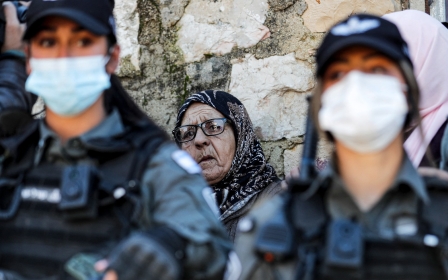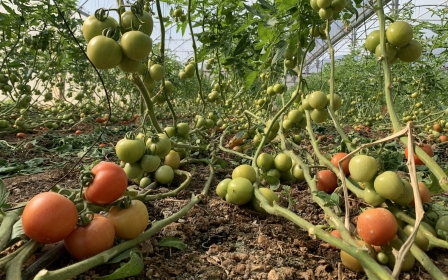Israel: Ex-PM 'doesn't regret' killing of Palestinian citizens in 2000 uprising

Former Israeli prime minister Ehud Barak has said he feels no guilt over the killing of Palestinian citizens of Israel during the beginning of the Second Intifada in 2000.
Protests broke out in October that year among Palestinians across Israel against police brutality and in solidarity with Palestinians facing violence in occupied Jerusalem and the Gaza Strip.
Police shot dead 13 unarmed Palestinians in the wake of the demonstrations, usually referred to as "riots" by Israeli media.
Speaking in an interview with Yedioth Ahronoth on Friday, Barak - who was prime minister between 1999 and 2001 - said the situation in 2000 was akin to a "zoo" while "riots took place throughout Judea and Samaria," using the name many Israelis give to the occupied West Bank.
"As far as the Arab citizens of Israel who were killed, I have no guilt," he added.
'Elephant in the room'
Barak, who was also defence minister under former prime minister Benjamin Netanyahu from 2007 to 2013, previously apologised in 2019 for the killing of Palestinian citizens of Israel under his premiership.
Although the intifada, which left more than 3,000 Palestinians and more than 1,000 Israelis dead, ended in 2005, Palestinians have continued to face killings and violence at the hands of Israeli security officials.
'Israel must recognise the two-state idea, because we are deteriorating toward a country with a Muslim majority, and this is the central threat to Israel'
- Ehud Barak, former prime minister
On Tuesday, Israeli forces shot and killed a Palestinian man near the West Bank city of Ramallah, according to the health ministry.
Nihad al-Bargouthi, 20, succumbed to bullet wounds in the abdomen after being shot by Israeli soldiers at the entrance of the village of Nabi Saleh, northwest of Ramallah.
He "was assassinated in cold blood and in broad daylight", his brother Ihab Bargouthi said.
An eyewitness told local news agency Quds News Network (QNN) that roughly five soldiers came to the village from a nearby military post.
They were met by young protesters but there was no stone-throwing or other violence when Bargouthi and other villagers came to see what was happening.
Barak told Yedioth Ahronoth that the Palestinians were "the elephant in the room" in Israeli politics.
"This government is not ripe for a political process, nor are the Palestinians. But Israel cannot be at the same time Jewish, democratic, and dominant in Judea and Samaria," he told the outlet.
"Israel must recognise the two-state idea because we are deteriorating toward a country with a Muslim majority, and this is the central threat to Israel."
Middle East Eye propose une couverture et une analyse indépendantes et incomparables du Moyen-Orient, de l’Afrique du Nord et d’autres régions du monde. Pour en savoir plus sur la reprise de ce contenu et les frais qui s’appliquent, veuillez remplir ce formulaire [en anglais]. Pour en savoir plus sur MEE, cliquez ici [en anglais].




